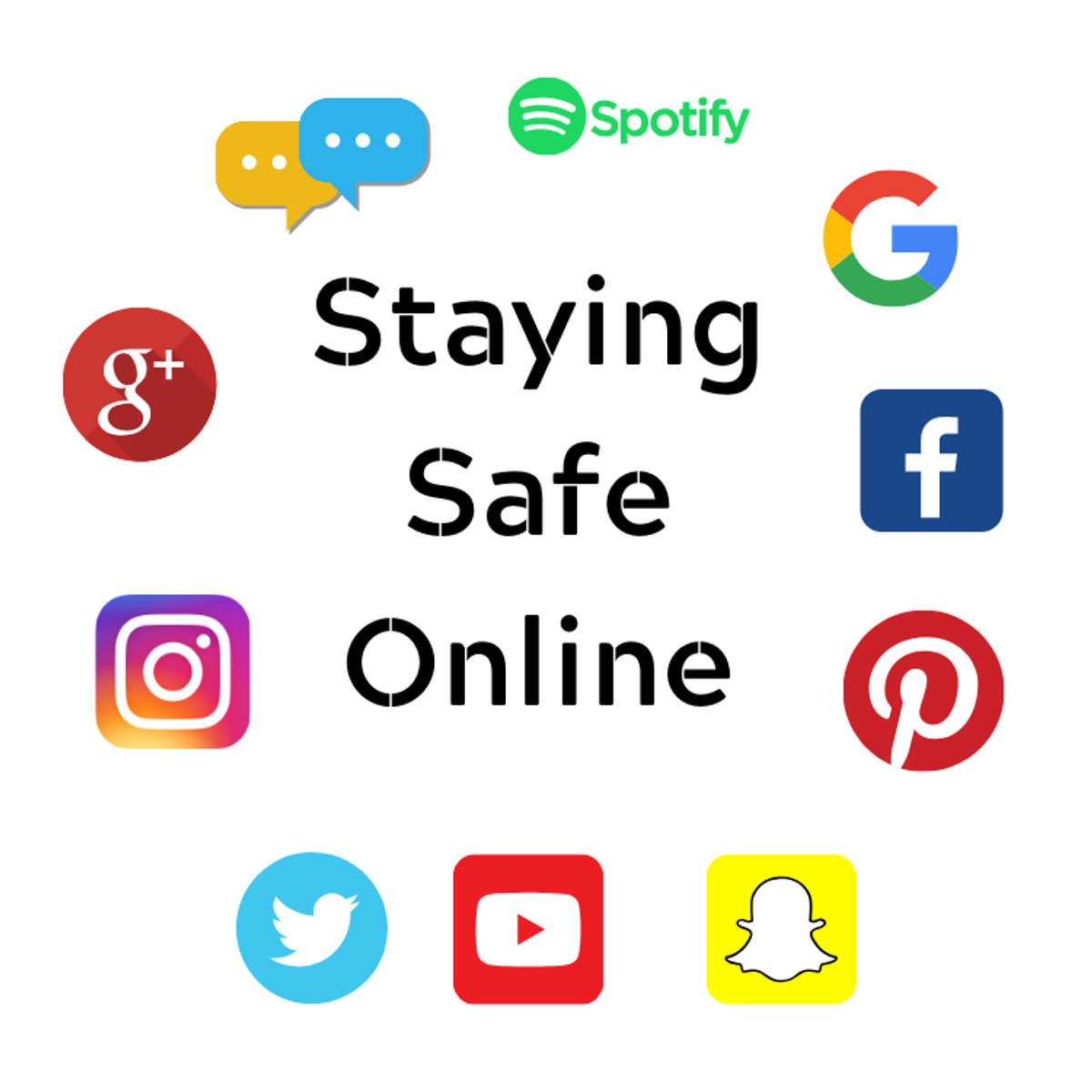From the Deputy Principals

Welcome to our first newsletter. As Deputies we deal with a range of issues with some common themes. We thought this might be good forum to provide some ideas and advice in regards to some of these issues. We will choose a new topic or theme each newsletter.
The eSafety Commissioner has some very practical advise in relation to online safety. Teenagers can spend a lot of time online. Instant messaging, sharing photos and videos, playing games and using online chat and voice chat through social media services can be a big part of their social identity.
Online Safety - Advice for parents and carers
- Keep things open. Have an ‘open door’ policy when devices are used in bedrooms, and check in with them regularly to see what they are viewing.
- Stay engaged. Ask about their online experiences, who they are talking to online and whether they are having any issues.
- Reinforce the importance of protecting their personal information and privacy. Remind them to create screen names or IDs that do not indicate gender, age, name or location and are not sexually suggestive.
- Equip them to use social media responsibly. Terms of use for each service cover the rules for using the site, the type of content that can be posted and any age requirements. Go through these with your child to make sure they understand what is expected of them.
- Explain that linking social media accounts can make it easier for strangers to learn about them, so it is best to keep accounts separate.
- Encourage them to think before they post. They should ask questions like: Who might see this? Could it be misread by others? Am I creating the right image for myself socially and for school and work opportunities?
- Remind them that they could expose themselves to risk by sharing sexually suggestive or intimate images of themselves or others.
- Keep building their self-respect, empathy and resilience. In particular, be aware of the impact of social media on self-esteem.
- Help them understand online risks and what to do about them.
Implement family online rules
- Be clear about where and when devices can be used – not at mealtimes, for example, or not until after chores or homework are done.
- Agree on a plan that fits into family routines – perhaps more screen time on the weekend when they have less schoolwork.
- Use parental controls appropriately for the age and experience of your child.
- As they grow more independent and resilient, good open communication becomes more important than blocking or filtering content – realistically your teenager will become increasingly adept at getting around such parental controls anyway.
Reinforce the school rules
- Whilst in class students are to have their phones switched off and out of sight. Please support us with this message as phones can be very distracting to learning. Students have access to their phones during break times.
- When on the computers, only websites relevant to learning should be accessed.
We hope that these tips are useful and assist parents to support their children to work online safely.
Danielle Kedward (Years 7 & 10)
Joanne Tyson (Years 8 & 11)
Tim French (Years 9 & 12)
Erin Griffiths (Inclusion & Support)
